Clichés are just so...cliché. When we see them, our eyes tend to move quickly past them, our brains barely registering the words we just read. Yet we somehow grasp the meaning in a split second, giving clichés inherent value even as we dismiss them as a tired communication tool.
It can be a dilemma for the shopper too, because we all only have so many dollars to spend and we want to get the most for them. I will be the first to admit that if I can buy something considerably cheaper at a big box store, that’s where I’m going to buy it. Add to it that many times those stores are more convenient in terms of location as well as being a “one-stop shop,” and it’s hard not to shop there.
But there are compelling reasons to buy your plants and garden materials locally. “Local” can be an ambiguous term, but generally it means a business that is both located in your community and owned by people who live there.
Consider these things when you’re shopping for plants and other garden items:
- Your local garden center often carries the same plants you might find in a big box store, but if you want something out of the ordinary, you’re more likely to find it in a smaller, independent garden center (IGC). There’s a lot of thought given by the IGC owner when they make their buying decisions. They want to carry attractive plants that perform well, including those tried-and-true varieties that we’re familiar with, but they also want to cater to those who seek the unusual.
- It’s always a gamble as to what will sell well. No business owner wants to get stuck with inventory that buyers passed over. But IGCs also don’t want their business to look like one you’d see in Every City, USA. And besides, those big box stores don’t have as much invested (relatively) as the independently owned ones do.
- You know those plants that have a one-year guarantee at the chains? When you return a plant there, the store doesn’t lose money outside of the lost sale. They only pay for the plants that go out their doors and stay out. That loss is borne by the supplier and/or grower. Not so with the smaller independents. So when they offer plant guarantees, appreciate what that means to their business.
- IGC owners also care a lot about whether their customers have success with what they buy, and they often choose to carry plants that have a high rate of success for their particular geographic and climatic area. That means happy customers, which in turn means repeat business. Happy customers often share their experiences with others and word of mouth can be the best PR a business can have.
- Local garden centers are known to take better care of their plants too, and healthy plants already have a better start in your garden before they even go out the door. As a rule, IGCs are more knowledgeable about plants in general and the ones they carry in particular. They can help you make decisions about what would work best in your individual situation.
- Many times, the local garden centers purchase plants as liners and grow them larger themselves. That may mean that the plants you buy locally have acclimated themselves to local conditions, thereby increasing their chances of success in your garden.
- Want a certain plant or a large quantity of something? Sometimes local businesses will special order things for you. Good luck trying to get a big box store to order you a couple of flats of something specific.
It’s no secret that some of the smaller garden centers have been struggling. In March, I spoke with the owner of one of them at the Fort Wayne Home & Garden Show and during the hard part of this past winter (which was pretty much all of it), he shared with me that just keeping his greenhouses going cost him $200 a day in propane. It takes a lot of sales to support costs like that and it’s representative of the things that all businesses have to face, whether large or small. But these things have a bigger impact on the smaller businesses.
Sometimes I think we take our local small businesses for granted. We assume they’re doing okay and that they’ll always be around, but they won’t be if we don’t support them. There’s another cliché that I’m sure you’re familiar with: “It takes a village to raise a child.” It also takes a village to make a village.
Previously published as "Buy Local! - The Garden Version" by Kylee Baumle in the Paulding Progress newspaper in April 2014. Reprinted and modified here with permission.








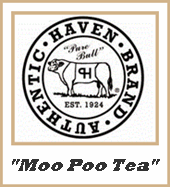






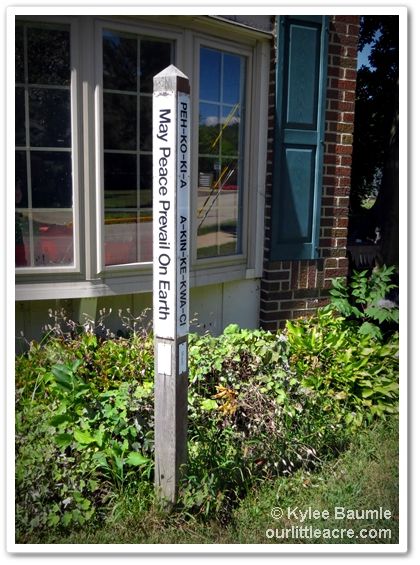

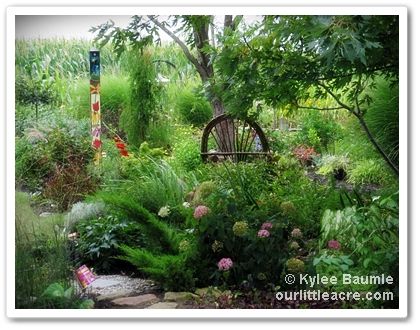
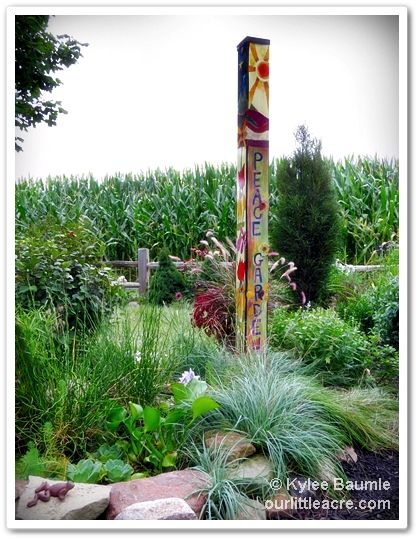
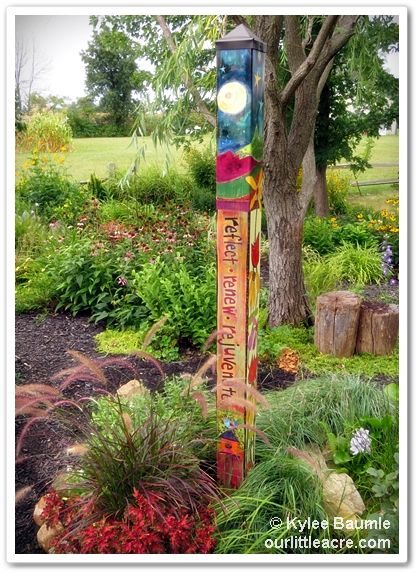
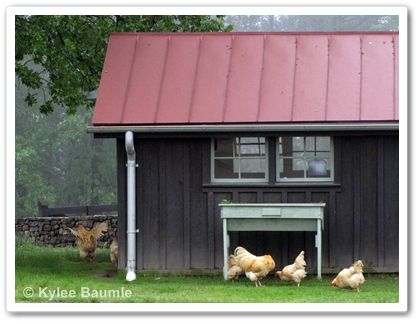
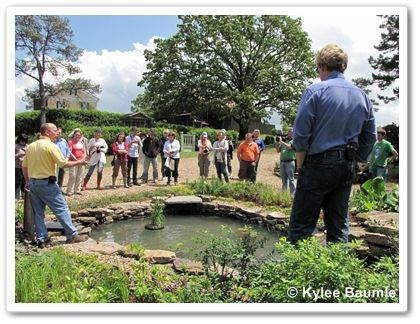
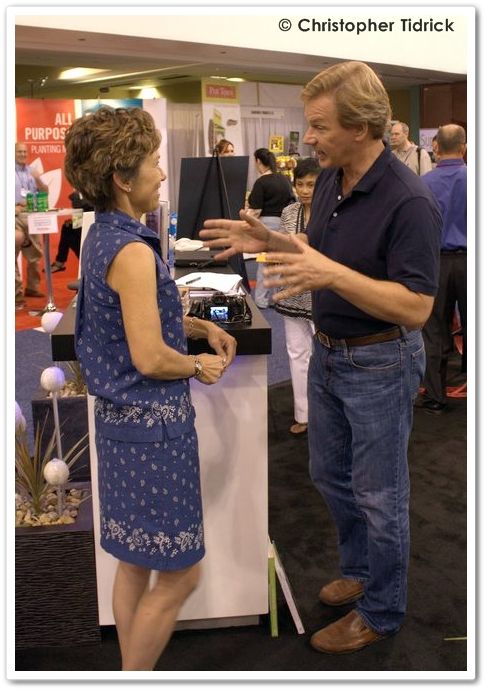






 "Bejeweled"
"Bejeweled"


